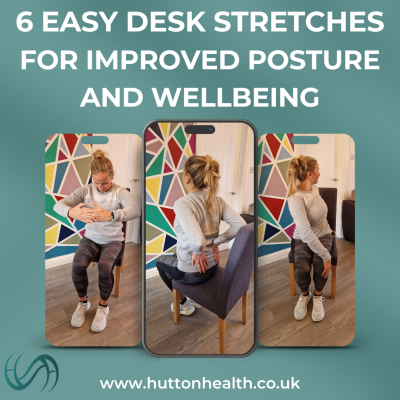Beyond the Scale: Setting Non-Weight-Related Fitness Goals
1st November 2023
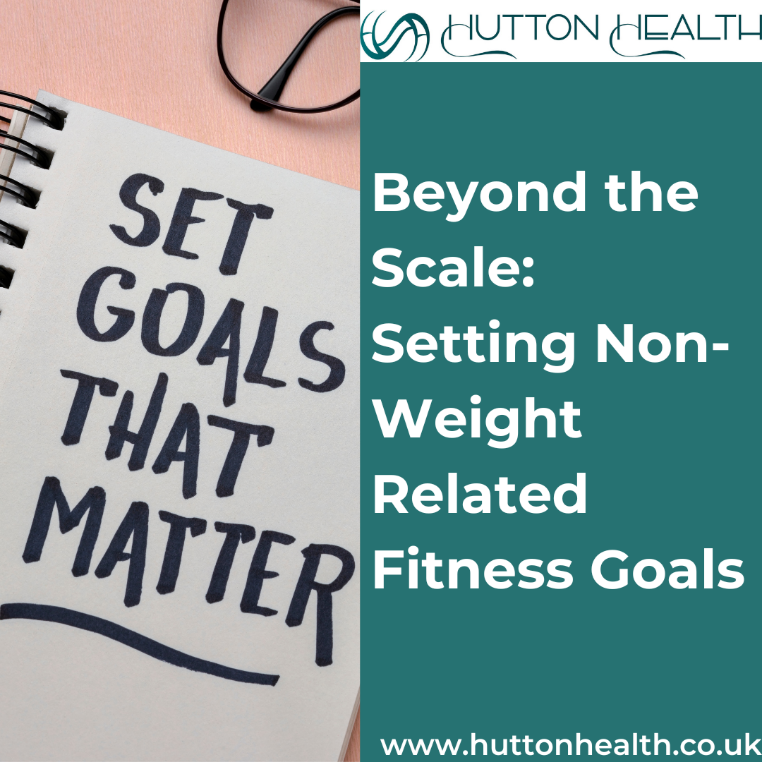
(This post may contain referral links. Please read my disclaimer for more info.). As an Amazon Associate I earn from qualifying purchases.
The desire to lose weight, drop a dress size or look a different way can be the motivation many people use to start a fitness and health journey.
Whatever drives you to start taking action to increase your fitness and health is a positive as it has started you down the path to the many benefits to your physical and mental health that the journey will bring.
Setting fitness goals that are not associated with weight loss can help you build a more positive relationship with food and exercise and can help you build healthy habits that will improve your lifestyle long term.
Finding a meaningful connection with your fitness journey that goes beyond weight loss will help set you up for long term success as there are challenges with attaching your fitness and health progress with weight loss.
Fitness goals that are based solely on weight loss can lead to the following problems:
- Unrealistic expectations: Unrealistic weight loss goals can set you up for disappointment, frustration, or drastic measures to see quick results.
- Demotivation: If the numbers on the scale don’t show the desired weight loss, it can be demotivating. This can lead you to give up on your fitness and heath journey.
- Unhealthy Practices: To achieve quick weight loss, some people resort to unhealthy practices like crash diets, extreme calorie restriction, or excessive exercise. These practices can be detrimental to your overall health and are not conducive to long term weight loss efforts as they aren’t sustainable over time.
- Focus on Aesthetics Over Health: When weight loss is the primary goal, aesthetics is often prioritised over health. This can lead to overlooking other important aspects of wellbeing, such as increased strength, improved flexibility, and greater cardiovascular fitness.
- Negative Body Image: Constantly emphasising weight loss can reinforce negative body image and self-esteem issues. It can make individuals feel inadequate or dissatisfied with their bodies when they equate their body confidence and happiness with a number on a scale.
- Stress and Anxiety: Constantly worrying about the number on the scale can lead to increased stress and anxiety, which can negatively impact your overall health. Being too fixed on weight loss can make you feel anxious in environments and situations where there is food.
- Ignoring Non-Scale Victories: Focusing on weight can cause you to overlook non-scale victories, such as improved energy, better sleep, reduced stress, or increased fitness levels.
To address these issues, it's important to adopt a more holistic and sustainable approach to health and fitness.
Setting goals related to overall wellbeing, such as strength, endurance, and mental health, can promote a healthier and more balanced relationship with fitness. Weight loss may still be a part of your journey, but it should be a component rather than the sole focus.
| Download Hutton Health ’s free GOAL SETTING WORKBOOK |
Here are 18 fitness goals that are not associated with weight loss:
Increase Strength: Focus on building muscle and improving your overall physical strength. There are many benefits to increasing strength:
- Enhanced metabolism - Building muscle through strength training increases your resting metabolic rate, which means you burn more calories even when you're not exercising.
- Improved Bone Health - Strength training can help increase bone density, reducing the risk of osteoporosis and fractures, which is especially important for women as they age.
- Injury Prevention - Strong muscles and joints provide better support and protection to your body, reducing the risk of injuries and improving overall physical resilience.
- Improved Posture - Strength training can help correct postural imbalances, leading to better posture and reduced strain on the spine and muscles.
- Functional Strength - Gaining strength can improve your ability to perform daily tasks, such as lifting, carrying, and moving objects, making everyday life easier.
Mental Health: Exercise, including strength training, has been shown to reduce stress, anxiety, and depression, enhancing mental wellbeing. Stress can negatively affect your health in a number of ways. Find out how stress can affect your health in this blog.
- Increased Confidence: As you see and feel the positive changes in your strength and physique, it can boost your self-confidence and body image.

| Learn more about increasing your confidence in 'Unlocking your Unlimited Potential' |
4. Hormonal Balance: Strength training can help regulate hormone levels, which can be particularly beneficial during menopause.
5. Pain Management: Strength training can alleviate or reduce chronic pain issues, such as lower back pain or joint discomfort, by improving muscle support and joint stability.
6. Improve Flexibility: Work on your range of motion and become more flexible. Benefits to improving flexibility include:
- Reduce risk of injury
- Improved posture
- Relief from muscle tension and soreness
- Reduce stress
- Improve joint health
7. Injury prevention: Inflexibility can often lead to injury due to your tightened muscles.
8. Increased strength: Muscles are able to move through the full range of motion.
9. Enhance Endurance: Train to increase your stamina and cardiovascular fitness.
10. Learn a New Exercise: Set a goal to learn and/or excel at a new workout or skill.
11. Achieve a Personal Best: Aim to beat your personal records in various exercises or activities.
12. Complete a Challenging Race: Sign up for an event, whether that is your first 5k, 10k or marathon, a triathlon, or an obstacle course race.
13. Enhance Balance and Coordination: Improve your balance and coordination through yoga or other balance-focused exercises.
14. Increase Athletic Performance: Train to improve your performance in a specific sport or activity.
15. Develop a Consistent Workout Routine: Make it a goal to establish and maintain a regular exercise routine.
| Not sure where to get started with training? Hutton Health provides a structured programme and live workouts from the comfort of your home! |
16. Achieve a Fitness Milestone: Set a specific fitness milestone, like running a certain distance or lifting a particular weight.
17. Enhance Mental Wellbeing: Prioritise exercises that improve mental health and reduce stress. Find out more about the benefits of exercise on mental health in this blog.
18. Optimise Posture: Work on improving your posture through targeted exercises.
This blog shares 6 desk stretches for those people who spend long stretches of time sitting at a desk each day.
These goals focus on various aspects of fitness and wellbeing beyond weight loss, allowing you to create a well-rounded and holistic approach to your fitness journey.
Setting fitness goals not associated with weight loss can lead to a more sustainable and fulfilling fitness journey, promoting overall wellbeing and long-term success.
| Download Hutton Health’s free Goal Setting Workbook to ensure you are setting effective health and fitness goals to help keep you motivated and on track with your exercise programme. |

You may also enjoy...
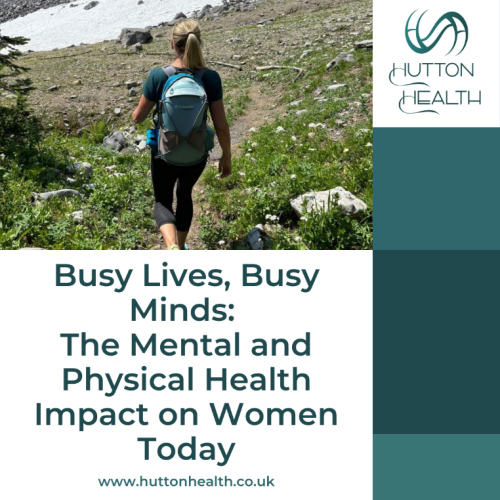
Busy Lives, Busy Minds: The Mental and Physical Health Impact on Women Today
11th October 2024
These are common symptoms of living a life of urgency, and signs that it may be time to slow down or take a break
Read Now
How to Create and Sustain Healthy Habits
22nd September 2024
Your daily habits and routines serve as the basis of a successful journey toward achieving your fitness and weight loss goals.
Read Now
Tips for Running in the Summer
19th July 2024
Here are our tips for running in the summer heat.
Read Now
Fit for All: Common Myths About 'Perfect' Bodies
18th June 2024
It is time to normalise and accept some important myths about ‘perfect bodies’ that women place on themselves.
Read Now
Finding Balance During the Holiday Season
6th December 2024
Tips for navigating the holidays in a way that allows you to savour the joy of the season without sacrificing your progress.
Read Now
Home Gym Essentials for Busy Women
12th November 2024
In this guide, we’ll show you how to create a home gym that’s perfect for your busy schedule, budget and space.
Read Now
Why No Health or Fitness Journey is the Same
6th July 2024
No 2 bodies are the same, and no 2 fitness and health journeys will be the same.
Read Now
Transform Your Day: Embrace Mindful Walks for Daily Wellbeing
21st April 2024
Mindful walking is a simple practice that has the potential to transform our daily routines and enhance our overall wellbeing.
Read Now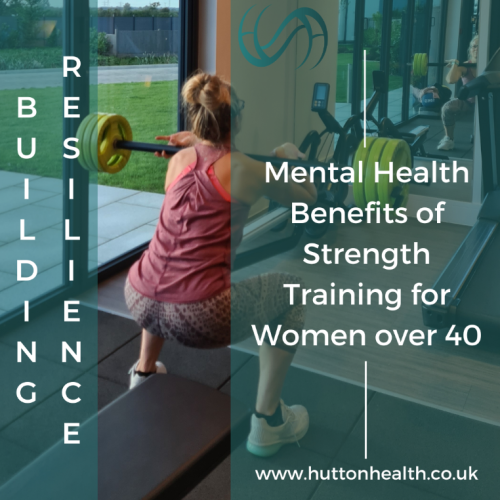
Building Resilience: The Mental Health Benefits of Strength Training for Women Over 40
21st March 2024
Weight training can become a key part of maintaining positive mental health and wellbeing for women over 40.
Read Now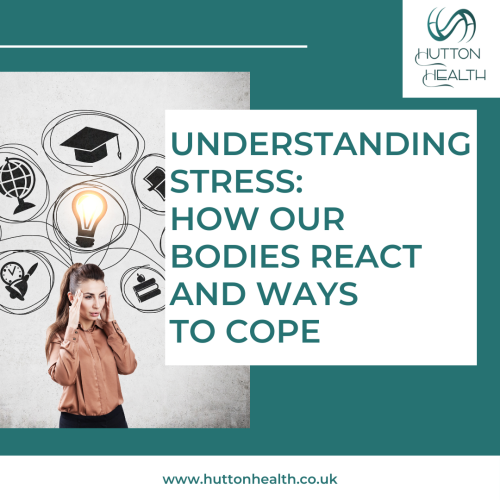
Understanding Stress: How Our Bodies React and Ways to Cope
7th March 2024
Here are some strategies for reducing stress and prioritising your health and wellbeing.
Read Now
Unlocking Relaxation: The 6 Best Massage Guns Reviewed
3rd March 2024
Best Massage Guns: Our guide to find the perfect massage gun for deep tissue relief, enhanced recovery, and ultimate relaxation.
Read Now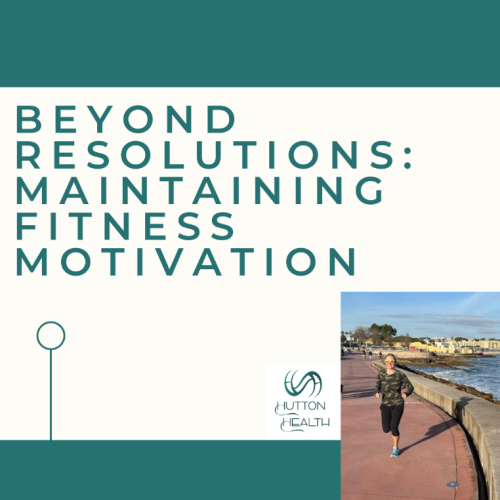
Sustaining Momentum: How to Keep Your Health and Fitness Goals and Resolutions on Track
29th January 2024
Each year, people around the world set New Years Resolutions and goals based around health, fitness and weight loss.
Read Now
Best Cold Weather Gear for Outdoor Winter Workouts
4th January 2024
Staying warm and comfortable during outdoor winter workouts is crucial to ensure your safety and enjoyment.
Read Now6 Best Fitness Trackers for Women: Top Picks for Every Lifestyle
14th December 2023
6 Best Fitness Trackers for Women: List of top fitness trackers, designed to meet the unique health and style needs of women.
Read Now
Surviving Winter: How to Beat the Winter Blues
12th December 2023
With night’s drawing in and temperatures dropping, it is common to feel the winter blues setting in.
Read Now
Fitness truths every woman over 40 should know
1st December 2023
Fitness myths and misconceptions can significantly impact the fitness and health journey for women over 40.
Read Now
Healthy habits for a strong body and mind during the holiday season
24th November 2023
Maintaining a healthy lifestyle during the holiday season is important for both physical and mental wellbeing.
Read Now
Christmas Gifts for Fitness Lovers
14th November 2023
We've put together a selection of the finest outdoor, health, and fitness gifts available in 2023.
Read Now
How to Stay Motivated for Winter Exercise: Tips for Cold Weather Workouts
10th November 2023
Cold weather workout motivation tips for staying active in winter.
Read Now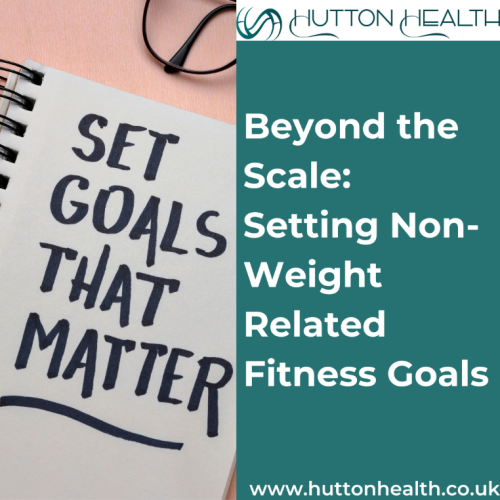
Beyond the Scale: Setting Non-Weight-Related Fitness Goals
1st November 2023
Here are 18 fitness goals that are not associated with weight loss:
Read Now
Healthy Nutrition Tips for Halloween
28th October 2023
Enjoying Halloween treats while still maintaining your health and weight loss efforts is possible with some mindful strategies.
Read Now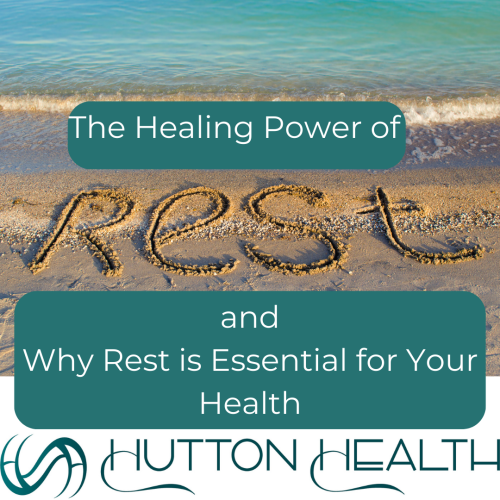
The Healing Power of Rest: Why Rest is Essential for Your Health
20th October 2023
Rest is crucial for several reasons, and it plays a vital role in maintaining overall health and wellbeing.
Read Now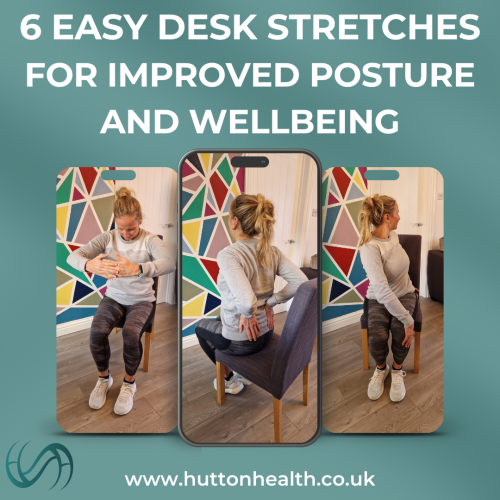
6 Desk Stretches for Improved Posture and Wellbeing
17th October 2023
With a busy work schedule, taking a few moments to stretch at your desk can help keep niggles at bay.
Read Now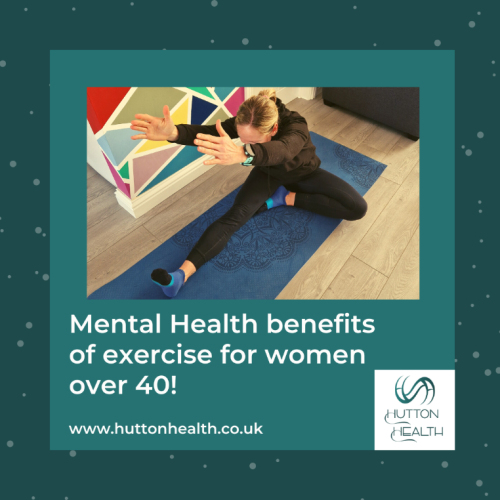
Mental health benefits of exercise for women over 40
13th October 2023
Here are some of the specific mental health advantages of regular exercise for women over 40.
Read Now
9 Easy things to do today to increase your fitness and health
6th October 2023
Here are 9 things to do today to increase your fitness and health.
Read Now
5 Reasons to Improve your Body Image
21st September 2023
Here are 5 reasons to build a positive body image
Read Now
7 Myths about being in the best shape of your life
15th September 2023
People often reach for quick fixes in the quest to be in the ‘best shape’ of their life. Here are 7 myths about your 'best shape'.
Read Now
Nutrition Myths that may sabotage your health or weight loss journey
8th September 2023
Here are some common nutrition myths that may sabotage your health or weight loss journey:
Read Now
Morning habits for a healthier lifestyle
1st September 2023
A good morning routine can transform your day and improve both your physical and mental health.
Read Now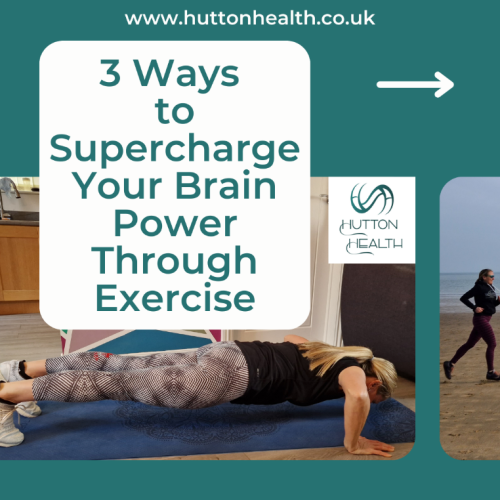
3 Ways to Supercharge Your Brain Power Through Exercise
30th September 2023
You know exercise is good for your physical health, but did you know it’s also good for your brain?
Read Now
Why is it important to eat fruits and vegetables in your diet?
25th August 2023
There are numerous health benefits to eating a diet full of fruits and vegetables.
Read Now
9 Reasons to start running
20th August 2023
There are many benefits to including running in your exercise routine. Find out 9 reasons to start running in this blog!
Read Now
6 Ways to Improve your Diet and Eating Patterns
22nd July 2023
What shapes our diet and eating pattern as adults and tips to Improve your nutrition and diet to improve your health.
Read Now
7 ways to motivate yourself to run!
16th July 2023
Running can be great for our mental and physical health. Here are 7 ways to motivate yourself to lace up and head out for a run.
Read Now
25 Reasons to go for a walk
9th July 2023
Walking is a great way to increase your health and fitness and is beneficial for both your body and your mind. 25 reasons to walk!
Read Now
10 Common Exercise Mistakes of Women Over 40
2nd July 2023
These are common exercise mistakes that I see women over 40 make
Read Now
6 Things to do Next Time you Gain Weight
28th June 2023
It is easy to attach your confidence and happiness to your weight. Here are 6 things to do next time you gain weight.
Read Now
Step goals: Is there magic in taking 10, 000 steps each day?
24th June 2023
10,000 steps each day has become a ‘golden rule’ for many people as the target to lose weight, get fit and increase your health.
Read Now
7 Tips to help balance your blood sugar during the day
17th June 2023
Consuming too much sugar can impact the health of both our bodies and our brains.
Read Now
5 problems with calorie counting
11th June 2023
Calorie counting is a popular weight loss strategy but there are some problems with calorie counting for long term weight loss.
Read Now
Hacks to reduce binge eating
3rd June 2023
Understanding binge eating and finding strategies to limit it can help you feel more in control of your food and eating pattern.
Read Now
Best summer exercise tip - Just WEAR THE SHORTS!
1st June 2023
Here is your friendly reminder to WEAR THE SHORTS when you exercise this summer!
Read Now
What to wear when you workout: A guide to my favourite fitness clothing
26th May 2023
Great fitting fitness clothing can help make you feel comfortable and confident while you exercise.
Read Now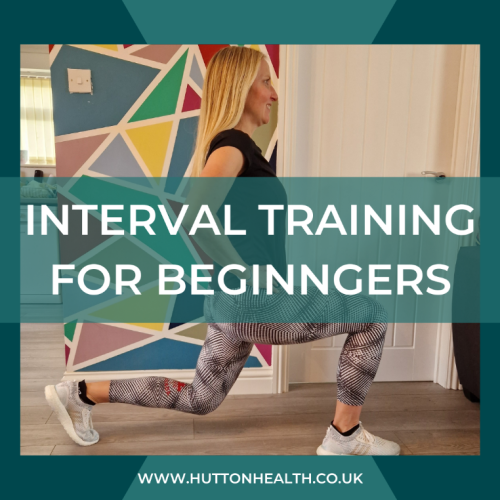
Interval Training for Beginners
19th May 2023
Interval training is a great way to combat weight gain and improve your fitness and health in an efficient manner.
Read Now
The best wellness products for a day at home
10th May 2023
Here are my 10 best wellness products for a day at home
Read Now
7 Tips for a healthy weight loss journey
29th April 2023
Building healthy habits into your daily routine can help you lose weight in the healthiest way possible.
Read Now
The benefits of meal planning and how to start meal planning today!
7th May 2023
Meal planning is an easy way to increase the chances of eating a healthy diet.
Read Now
How to work out over 40
4th May 2023
A good exercise programme can help counter the effects of aging to keep us fit and healthy over 40.
Read Now
Nutrition Tips for Improving Your Health
21st April 2023
Eating a healthy, nutritional diet aids digestion, improves health, boosts mood, and keeps your body working optimally.
Read Now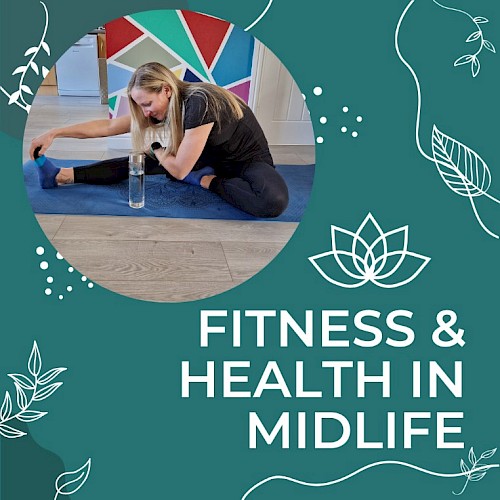
Fitness and Health in Midlife
16th April 2023
A lack of exercise can cause some of the age-related changes to our bones, muscles and joints.
Read Now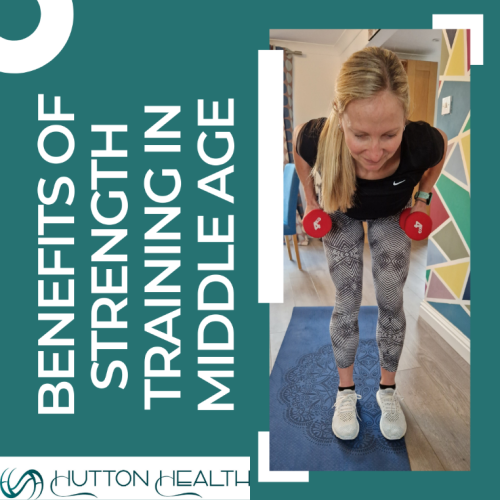
Benefits of Strength Training in Middle Age
10th April 2023
There are a number of benefits of incorporating strength training into your programme as you age.
Read Now
Travelling Tips to Stay Fit and Healthy on Holiday
7th April 2023
There are a few simple things you can do to stay fit, healthy and on track while you are on holiday.
Read Now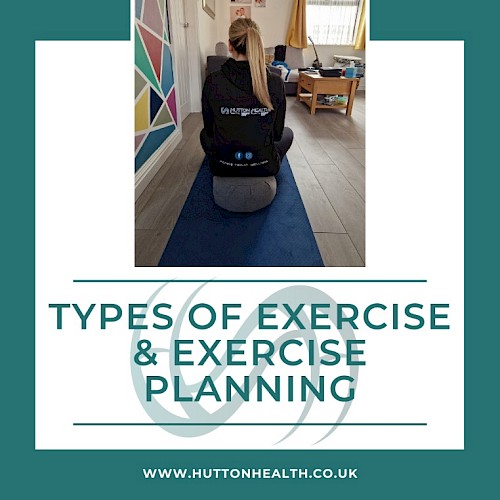
Types of Exercise and Elements of a Good Exercise Plan
5th April 2023
Regardless of your age and fitness level, incorporating a balance of these 4 elements of fitness will help you be fit and healthy.
Read Now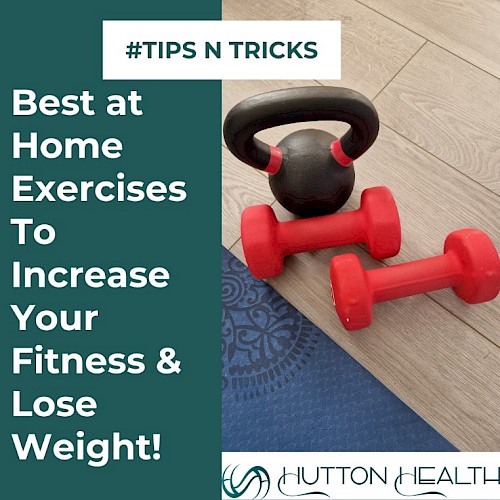
Best At Home Exercises to Increase your Fitness and Lose Weight
31st March 2023
Here is a list of my top at home workout equipment to start strength training at home
Read Now
7 ways to change your thinking to help you enjoy exercise
20th March 2023
Exercise shouldn’t be a dreaded activity that you ‘have’ to fit in. This blog shares tips to learn to enjoy movement and exercise!
Read Now
Beating Body Image Blues
15th March 2023
Find out how to create a healthy attitude around food, exercise and body image.
Read Now
Tips for Effectively Working Out During your Lunch Break
28th March 2023
Fitting in a workout or run during your lunch break has numerous benefits to your fitness, health and wellbeing.
Read Now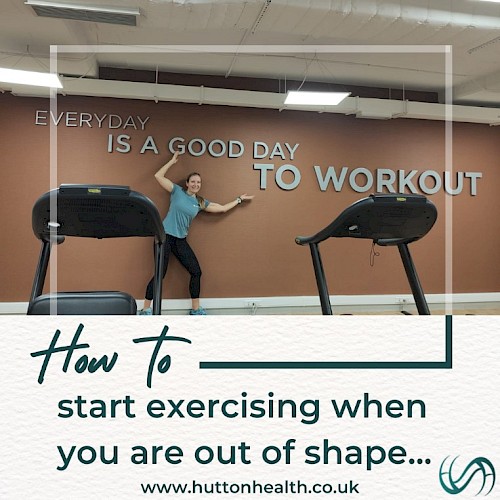
How to start exercising when you are out of shape
5th March 2023
Important tips to remember to start exercising when you feel out of shape.
Read Now
How do you fit a workout in to a busy schedule?
25th February 2023
Here are tips that can help fit exercise into your busy schedule.
Read Now
Healthy Weight Loss
18th February 2023
A healthy weight loss journey avoids fad diets, excessive exercise, restrictive eating and extreme changes in diet and exercise.
Read Now
10 Easy Ways to Exercise More!
25th March 2023
Here are 10 easy ways to more exercise into your busy day to make you feel fitter and healthier.
Read Now
Sustainable Weight Loss: The Ultimate Guide to Achieving Your Health Goals Effortlessly
7th March 2023
Best practices for losing weight sustainably so that you can feel confident in your journey towards a healthier you.
Read Now
Common Fitness Mistakes and How to Avoid Them
19th January 2023
When it comes to achieving your health and fitness goals, there are some common mistakes that people make
Read Now
How to Increase Fitness and Improve Health at Home
14th December 2022
Learning new routines and health habits is essential to feel strong in our body and strong in our mind.
Read Now
Why New Years Resolutions don’t work and what you should do instead!
19th January 2023
Every year people make New Years Resolutions. These are typically drastic changes based on what you think you SHOULD be doing.
Read Now
3 Tips for a Healthy Eating Pattern
19th January 2023
Food and drinks consumed over time creates a person’s eating pattern. This is the average consumption over a period of time.
Read Now
How to stop snacking at night
14th December 2022
Regularly snacking at night can make it difficult to reach your weight loss, health and fitness goals.
Read Now
Fitness, weight loss and health in December
29th April 2021
We are in December, 11 months into the year already! Many of us started the year setting New Years resolutions to lose weight.
Read Now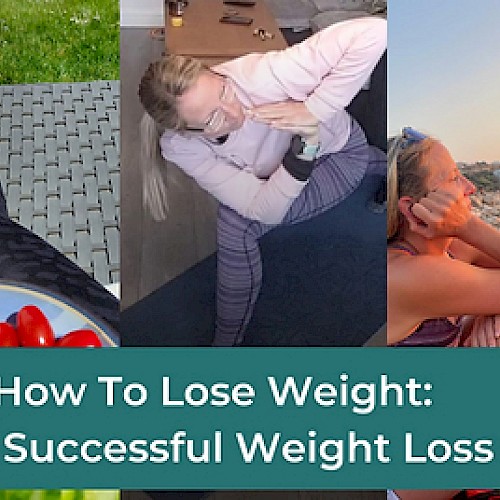
How to Lose Weight: 7 Tips for a Successful Weight Loss Journey
6th December 2022
Tips on how to self improve in your weight loss journey and direct yourself to be better at it.
Read Now
15 Winter Running Motivation Tips
20th January 2023
Staying motivated to run during the cold, wet and dark winter months can be a challenge.
Read Now
6 Best Running Lights To Look Out For In 2023 | Review & Buyer’s Guide
20th January 2023
Running lights are a great way to make sure you're seen by cars and pedestrians when you're out for a run after dark.
Read Now
Healthy Holiday Eating Tips
20th January 2023
The holiday season is a time when there are food temptations galore. It is easy to become powerless to the extra calories.
Read Now
6 Best Running Headphones To Look Out For In 2023 | Review & Buyer’s Guide
24th January 2023
We have selected the 6 Best Running Headphones that are sweat-resistant, have great sound quality, and will stay put.
Read Now
6 Best Air Fryers For A Healthy Lifestyle | Review & Buyer’s Guide
25th January 2023
Air fryers are quickly becoming an essential cooking appliance. I was skeptical that it would be a good investment for me.
Read Now
Types of Running Shoes
25th January 2023
When you shop for running shoes, you are faced with walls and pages of choices. Finding the perfect shoe can be a challenge
Read NowBest Fitness Trackers/Smartwatches
25th January 2023
A fitness tracker or smartwatch is a great way to track your fitness progress.
Read Now
Tips to Achieve your Health and Fitness Goals
25th January 2023
To help keep you focused on your health and fitness journey, sweat the small stuff! Shorter term goals can help keep you on track.
Read Now
Ditching the 'Diet'
25th January 2023
Conforming to a ‘diet’ can become all-consuming, creating a harmful ‘all or nothing’ mentality.
Read Now
Benefits of Working with a Health and Fitness Coach
25th January 2023
If you are serious about making a change, there is one thing that can increase your chances of success; HIRING A GREAT COACH.
Read Now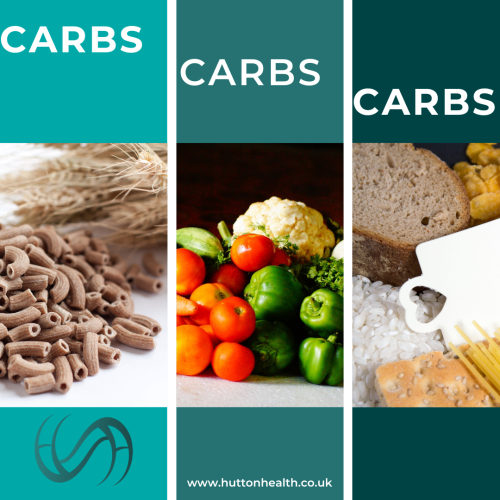
Carbs, Carbs, Carbs!
25th January 2023
A misconception is that carbohydrates should be avoided. Carbs play an important role and are essential in a balanced diet.
Read Now
4 Ways Gratitude Will Change Your Life
25th January 2023
Finding small things each day to be grateful for is a great way to change your mindset, build confidence and improve your health.
Read Now
7 Tips to Start Running
26th January 2023
Whether you are beginning your running journey or returning to running after an extended break, here are 7 ways to start running.
Read Now
Top Tips to Optimise Fat Loss, Build Muscle and Improve Your Health
26th January 2023
Tips to help YOU lose weight, build muscle and increase your health.
Read Now
Types of Strength and Strength Training 101
27th January 2023
There are numerous health benefits to strength training. It is a key part of an effective exercise program.
Read Now
Non-Scale Ways to Track Weight Loss Progress
27th January 2023
This blog looks at other things to consider on your health and weight loss journey rather than just the numbers on a scale.
Read Now
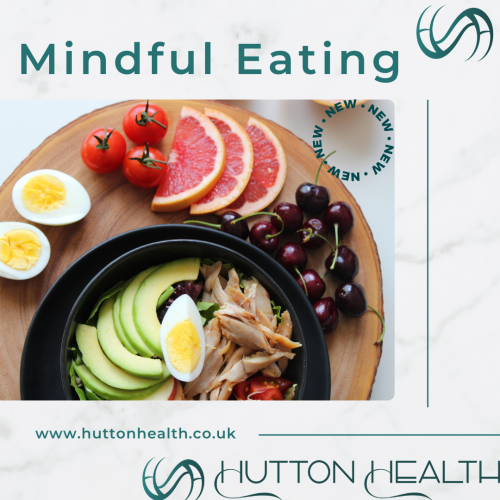
Mindful Eating – What is it and why is it important?
27th January 2023
Mindful eating can play a huge part in helping us change the way we view food and can help us develop healthy eating habits.
Read Now
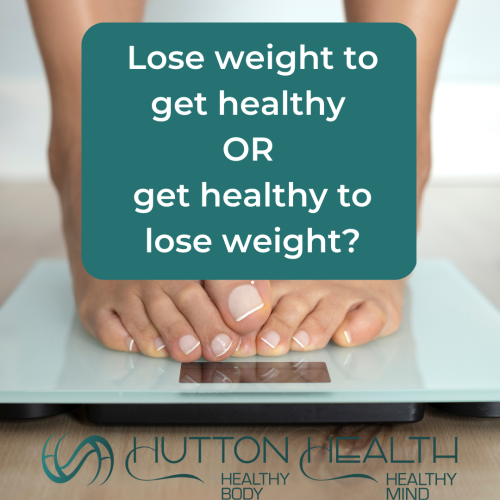
Lose weight to get healthy OR get healthy to lose weight?
27th January 2023
Linking your motivation to exercise, eat a healthy diet and lead a healthy lifestyle to your weight or appearance has downfalls.
Read Now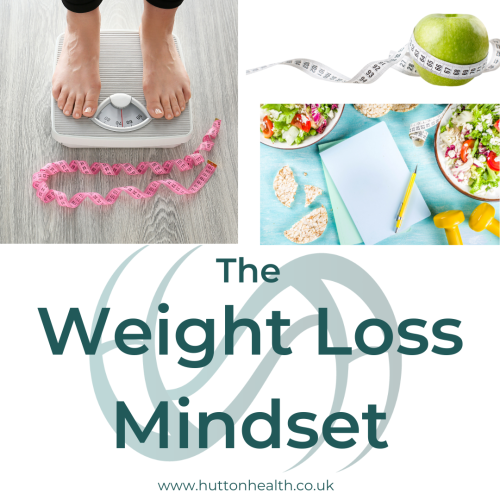
The Weight Loss Mindset
27th January 2023
A successful weight loss journey includes a shift and focus on your weight loss mindset.
Read Now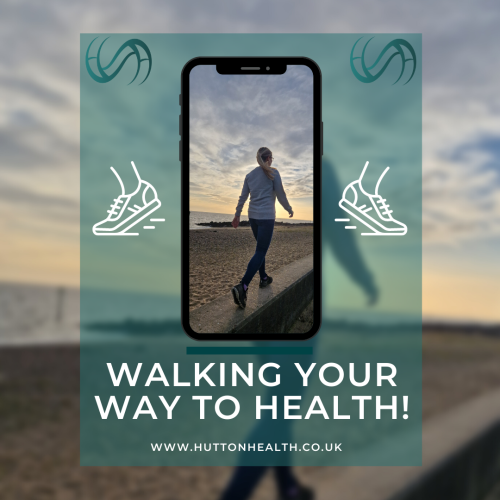
Walking Your Way to Health and Fitness
27th January 2023
Walking is a low impact form of exercise with many benefits for both our physical and mental health.
Read Now
9 Facts to Fuel Your Exercise Motivation!
28th January 2023
Here are 9 facts about exercise to help fuel you with motivation and inspiration:
Read Now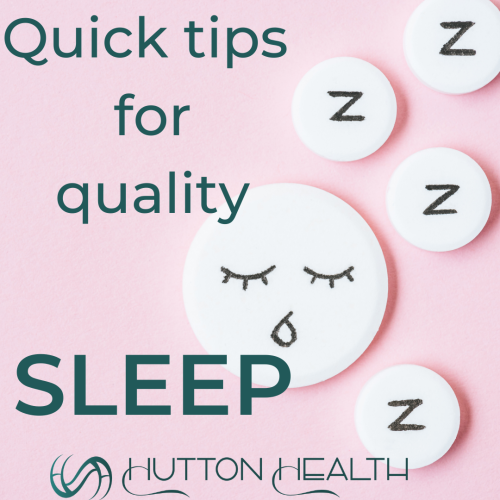
Quick Tips for Quality Sleep
28th January 2023
Sleep is essential for our mental and physical health. Ongoing sleeplessness can lead to a number of health risks.
Read Now
13 Tips for a Healthy Diet on a Budget
28th January 2023
With the ever-rising costs of living, it is important to find affordable ways to have a healthy diet on a budget.
Read Now

7 Tips to Start a Health, Fitness and Wellness Journey
28th January 2023
7 Tips to start working on your HEALTH, FITNESS and WELLNESS goals:
Read Now
Protein and Your Health
29th January 2023
There are many reasons to get proteins from the food that you eat. Your body depends on protein to function properly.
Read Now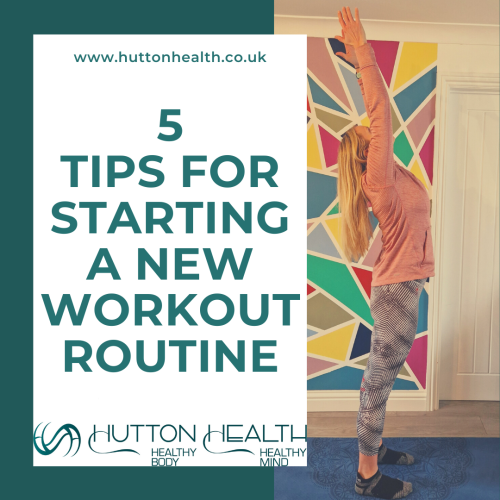
5 Tips for Starting a New Workout Routine
30th January 2023
Here are 5 tips to fuel your motivation to start an exercise programme and keep you on track.
Read Now
Exercise, fitness and health for mid-age women
30th January 2023
In mid-life it is important to adjust fitness, health and weight management strategies.
Read Now
Health Benefits of Drinking Water
30th January 2023
Water is essential for our health. It is vital for every physiological function in your body.
Read Now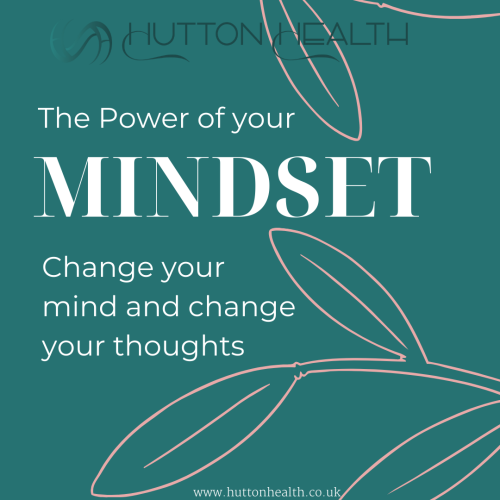
The Power of your Mindset: Change your mind and change your thoughts
30th January 2023
The Power of your Mindset: We need to work on our mindset in the same way we train our bodies for fitness through exercise.
Read Now
7 Things Healthy Women Do Every Day
30th January 2023
As we strive to feel healthy, strong, fit and happy, there are some things that healthy women consistently do.
Read Now
How Stress Can Affect Your Health
31st January 2023
Did you know that stress can have a profound impact on your health? Here are some ways that stress can affect your health:
Read Now
Challenges To Making A Change to Our Health
31st January 2023
Here are some common problems that people face in their health journey as well as potential solutions.
Read Now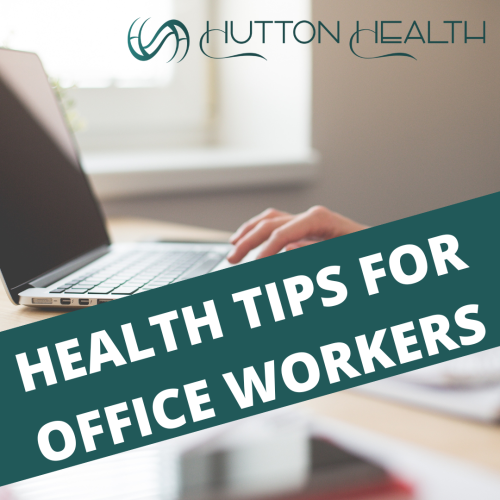
Health Tips for Office Workers
31st January 2023
Read on to discover tips to stay motivated to commit to your health and wellness in the workplace
Read Now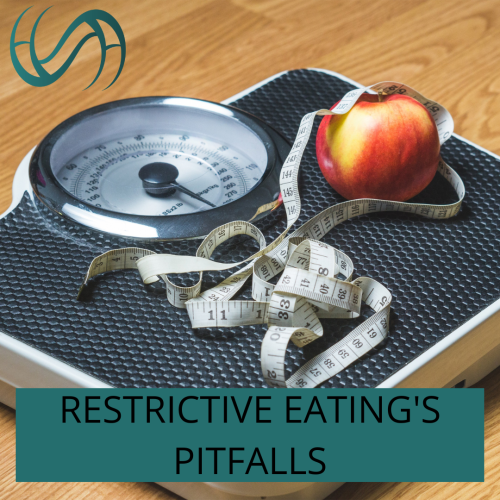
Restrictive Eating's Pitfalls
31st January 2023
Restrictive diets can negatively affect your health in the long run. Here are 5 pitfalls of restrictive eating:
Read Now

Motivation, the Heart of Self Improvement
31st January 2023
With the countless negativities the world brings about, how do we keep motivated? Try these A to Z tips to fuel your motivation.
Read Now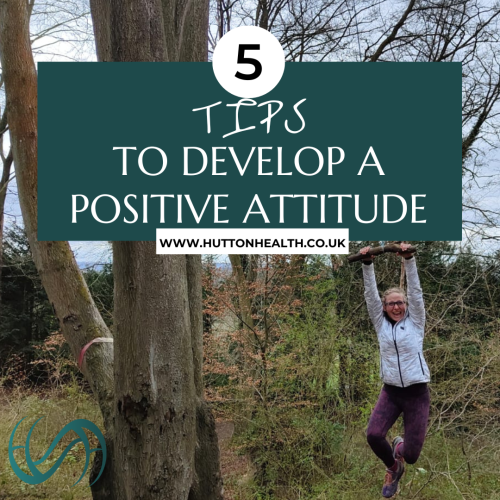
5 Tips to Develop a Positive Attitude
1st February 2023
When it comes to your quality of life, attitude is everything! Read on for easy ways to develop a positive attitude.
Read Now
Too Old to Exercise?
1st February 2023
It’s never too late to start exercising, eating right and being healthy.
Read Now
5 Ways to Increase your Energy
5th February 2023
Life has its ups and downs, so it is not uncommon for energy levels to fluctuate. Here are ways to maximise your energy
Read Now
How to Measure Walking/Running…Steps, Miles or Minutes?
5th February 2023
You may wonder what metric to use when you're measuring your walking and/or running; miles or minutes.
Read Now
Post-Pandemic Stress Burnout
5th February 2023
Despite having unique experiences, each of us has felt the effects of the stress of the pandemic both physically and mentally.
Read Now
Is there such a thing as a ‘bad workout’?
5th February 2023
Tips to avoid feeling like you have 'failed' or had a 'bad workout':
Read Now


